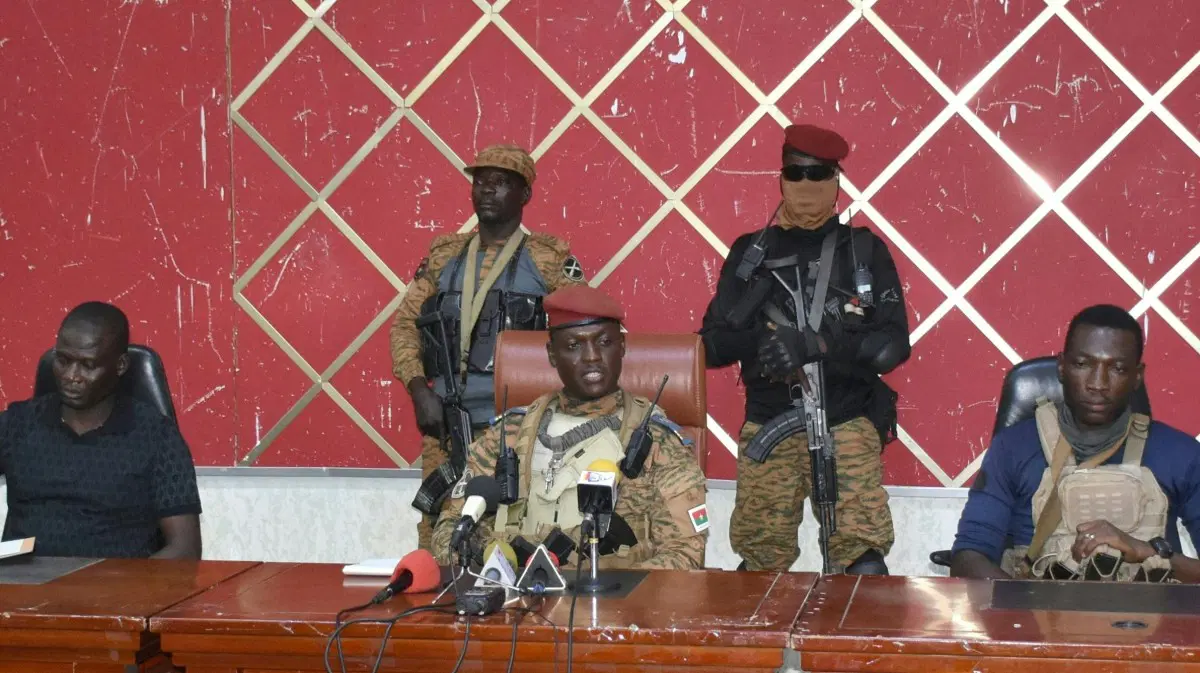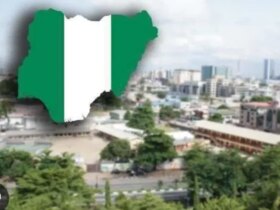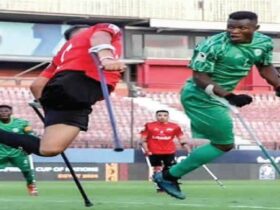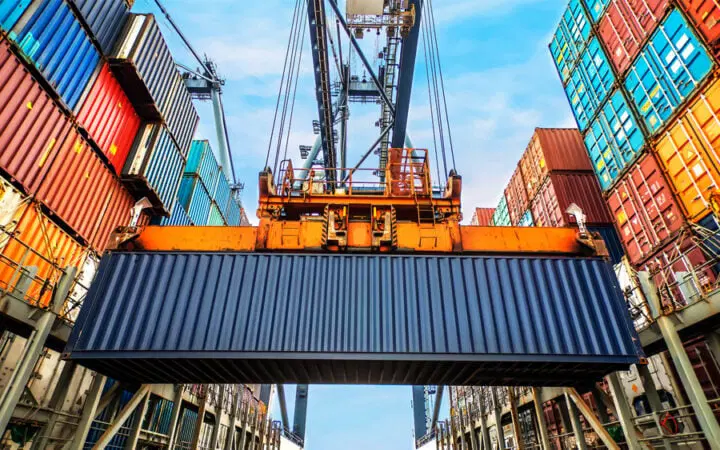Burkinabes Silenced: Three Years Under Captain Traore’s Iron Grip

Since Captain Ibrahim Traore took control of Burkina Faso three years ago, his military regime has effectively stifled opposition by detaining dissenters or coercing them into combat against jihadist insurgents.
Drawing inspiration from the legendary former leader Thomas Sankara-an emblematic figure of African resistance who was overthrown in 1987-the 37-year-old Traore unapologetically champions his anti-imperialist agenda and openly admits that Burkina Faso under his leadership is “not a democracy.”
Residents interviewed in Burkina Faso’s capital, Ouagadougou, described an atmosphere of escalating repression amid the country’s ongoing struggle against a decade-long jihadist insurgency. All sources requested anonymity, fearing repercussions for speaking candidly.
Suppression of Free Expression
“Conversations are limited to sports, culture, or trivial topics. The moment politics come up, silence falls,” shared one Ouagadougou resident.
“Even within families, suspicion has grown; brothers now regard each other warily,” another added.
One local explained, “Since Traore’s rise, a single careless or misunderstood comment can brand you as an adversary.”
Neighborhood watch groups composed of civilian informants patrol Ouagadougou’s main streets, ready to report anyone suspected of dissent.
“Their presence creates a climate where everyone spies on and fears one another,” noted a third interviewee.
The regime has also established special brigades tasked with enforcing public order.
These units patrol working-class neighborhoods, cracking down on behaviors deemed uncivil or disruptive.
One man recounted being arrested for running a red light, then forced to wear a vest and join a group tasked with weeding and cleaning streets.
“While combating anti-social conduct is important, treating people this way-without due process or respect for the law-is unacceptable,” he said.
“The worst part is being filmed and publicly shamed on national television.”
Patriotic Youth Initiatives
To instill what Traore calls a “decolonized mindset,” the government encourages children aged 10 to 15 to attend patriotic camps during school holidays, where they undergo military-style training dressed in army uniforms.
Prospective university students must complete a month-long “patriotic immersion” program focused heavily on lessons about national identity.
One participant expressed hope that all young Burkinabes would eventually experience this “patriotic immersion.”
“We learned to push beyond our limits and prioritize the nation over our individual concerns,” he reflected.
A political analyst, speaking anonymously, described the youth education campaign as an effort to forge a “model militarized citizen” designed to “eradicate any future dissent.”
Controlled Media and Propaganda
Branded as collaborators with “imperialist” forces, international journalists have been expelled, while local reporters operate under increasing self-censorship.
“It’s nearly impossible to interview people on the streets now. No one wants to risk being sent to the front lines for discussing trivial matters,” a local journalist revealed.
“Those who do speak out tend to praise the government,” he added.
With freedom of expression severely restricted, assessing Traore’s genuine popularity remains challenging.
Social media platforms are flooded with glowing tributes to the captain from a network of pro-junta influencers, some boasting over a million followers.
These posts, which reach audiences far beyond Burkina Faso, blend anti-Western rhetoric with misinformation and AI-generated videos that bolster Traore’s cult of personality.
Fahiraman Rodrigue Kone, head of the Sahel project at the Institute for Security Studies, observed, “He is portrayed as the long-awaited champion standing firm against an international conspiracy aimed at keeping African peoples oppressed.”
Security Challenges on the Ground
Despite promises to restore security swiftly, the reality on the jihadist front remains grim.
The junta claims to have “reclaimed” over 72 percent of the country.
However, analysts question this assertion, noting that militants affiliated with Al-Qaeda and the Islamic State continue to control large rural areas, while the military maintains authority primarily in urban centers.
The government has ceased releasing regular updates on jihadist attacks, and the army faces accusations of committing abuses against civilians.
Although Traore has personally visited conflict zones, Kone argued that “his assessment underestimated the depth of the security crisis at home.”
According to the analyst, the captain’s aggressive rhetoric also serves to legitimize his hold on power.
As one Burkinabe put it, “In rural areas, terrorists spread fear; in the cities, it is the government that instills terror among the people.”







